Guitar Open-tuning, Baritone Ukulele & Kī hō‘alu sound waves sparked by ‘āina
“Goin Home”—Kī hōʻalu mole—slack key taproots
Mele from times at beach campfires, backyard kani, carport—any kine place.
Auē!.
My goodness! So much changing.
New—lucky-we-grew-up-hawai‘i Album—December 2024!!!
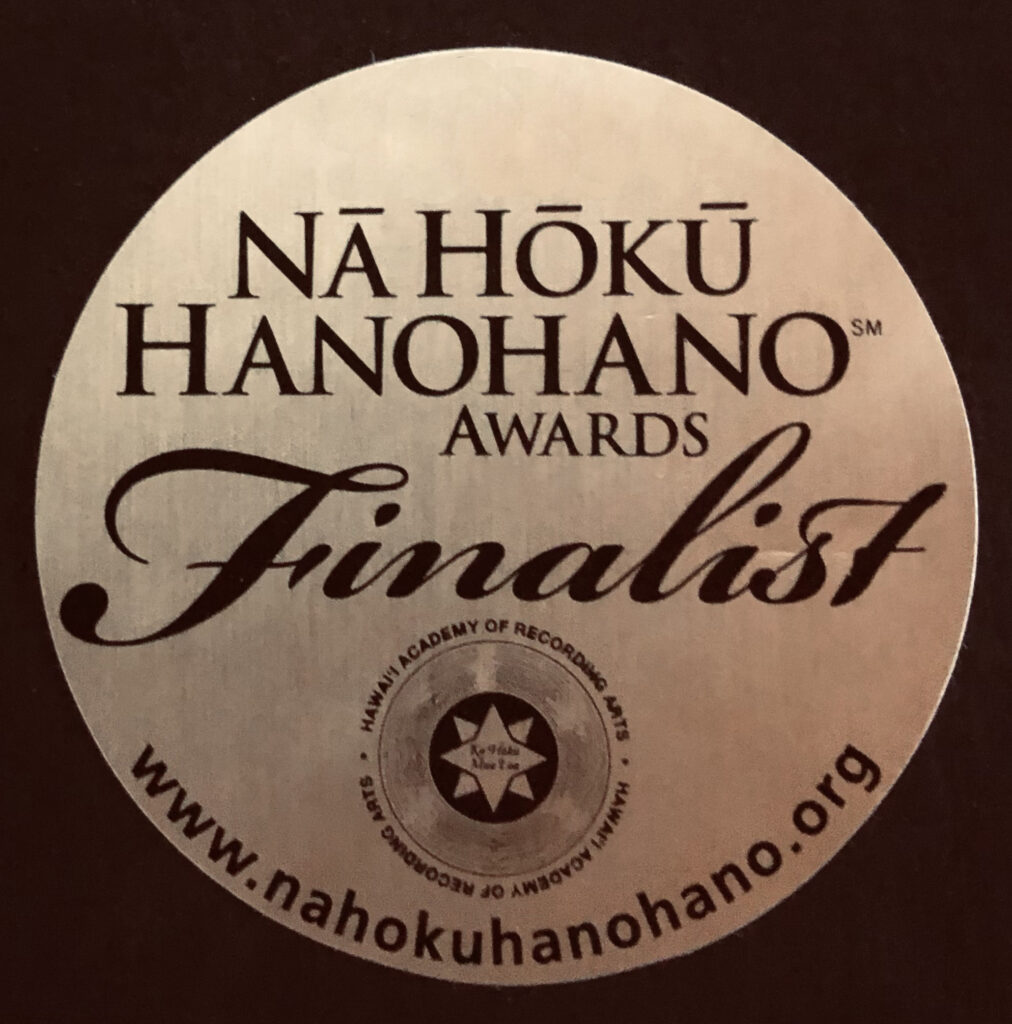
2025 Slack Key Album of the year finalist for
“Goin Home”

CD COVER Front & Back. Featuring Frances Clayton Mau “Braddah Mau” on title track “Goin Home.”
Track “Hele Mai Leale‘a Kākou features on percussions:
Braddah John Keolanui, Lock. Yvonne, & Keoki. Marty Halbritter on pakini.
CD COVER inside.
B&W photos of late 1800s ‘ohana. Upper left: Tūtū wahine Hannah Purdy Carter, Hiapo to the 1st generation Purdy clan.
Center; Honoli‘i Kaha Keli‘i hale pili (later, Kahakelii) of Mammaʻs side.
And in color, Keoki imagining profound changes of earlier times and much endured by the ‘ohana. Hannah was born at Waiki’i and married sailing ship borne, shipbuilder, Alfred Wellington Carter who was the uncle of Parker Ranch, A.W. Carter. Her photo is in Queen Liliokalani’s album at the State Archives when Tūtū Hannah and sister Mary were captioned at Ladies In Waiting to their 1st cousin the Queen. Each mele has an honoring backstory.

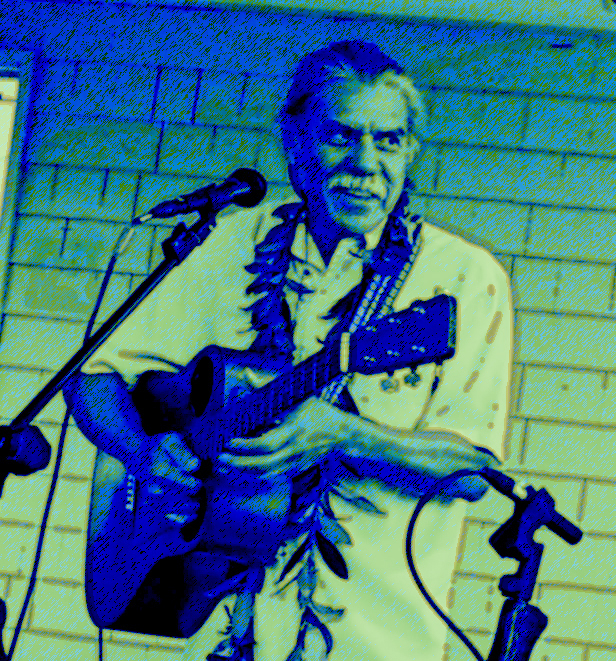
About Apokolani songwriters:
Yvonne and Keoki are children from a multitude of generations—shoreline and island water people of many bloods—across many oceans. Resilient, collaborative, spirit survivors connected through time to hopeful futures for many families to come.
Our stories are not of conquerors or the vanquished. Bearing witness, they are stories of seeing, feeling—the joys, fun, beauty, the profound—the hurt, betrayals, kindnesses, uplift, renewal and gratitude for others who believe we connected through time and places. Mahalo also to the unique lenses of others who tell their stories.
We were both born in the “Territory of Hawaiʻi” before skyscrapers rose to reroute people, centuries of natural winds and waters, before beaches were cutoff from ohana campfire sharing of kani circle music, laughter and waking to a refreshing sunrise ocean plunge. Our parents, grandparents and great-grandparents, and beyond from many lands, experienced far greater losses from diseases, homeland access taken through a new system of power—languages outlawed, native healing ways outlawed, native rituals outlawed, hula outlawed, hale pili outlawed and abundance ravaged by greed. But never did they lose hope and aloha and recognition that there were people of all colors and creeds who also love place, kindness and goodness for the generations to come.
The hard work is honoring the ancestors we continue to learn from, upon whose shoulders we still lean. Harder still is forgiving our mistakes and imperfections. Lucky us…it seems to come clearer and truer in a song. May they connect us as cousins.

The Zone.
For real? I gotta pick a “genre” for what I write? No more genre. More like the music writes me. Especially songs that come all one time, like out of the heavens. Gifts. They help make sense of the waves, so thereʻs form to ride. The zone. Like feelings, thoughts. Carried in the wind—the breathe— in and out. What kind genre is that?
Written by Yvonne inspired by conversations with Keoki who loves to ride ocean waves—especially “the zone” . You donʻt create the zone, you just try to join it, become part of it. Thatʻs how much of his music seems to happen.
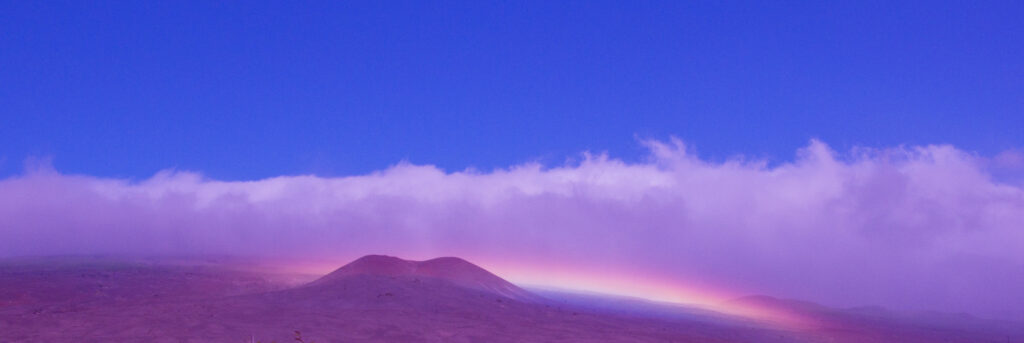
Uakoko. Mele Koko.
Where does mele come from—
especially when music and story comes all one time?
Sounds and rhythms hapai—
carry the feeling—
energy—
Peaks and troughs.
Sets of waves that build and slack
crest and rest
in cycles.
Stories, timeless wa’a
navigate waves of light, and sound.
From generations of weavers, menders, speakers, seekers,
observers, recorders,
sailing on ions and eons
of hope and songs.
Songwriters share fragments
of inner and outer feelings
borne on the wind
and dreams
that awaken,
like each new day.
—from Keoki Apokolani Carter & Yvonne Yarber.
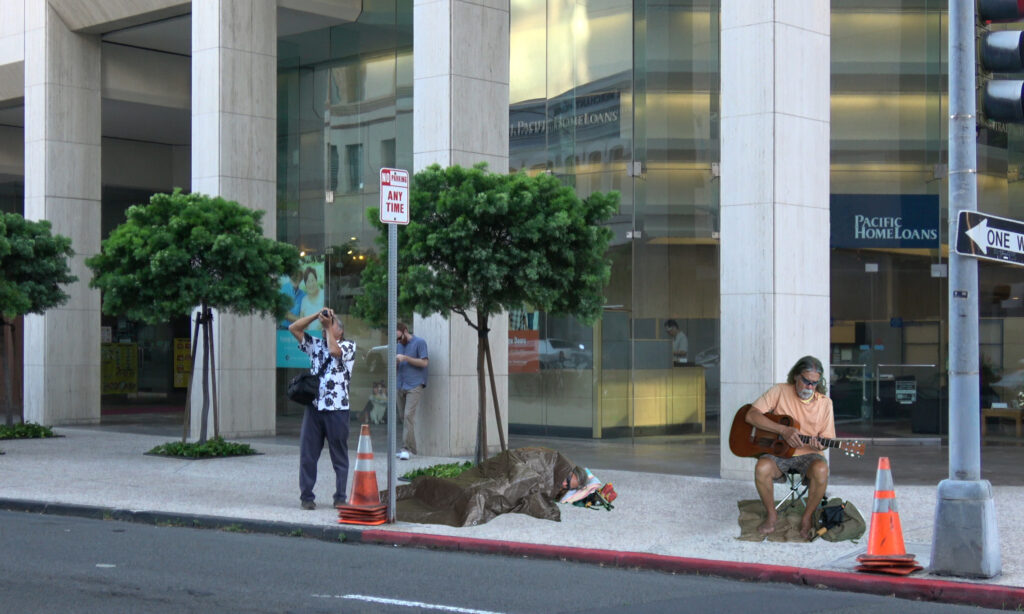
When Things Boderate. 2017 multimedia video by Yvonne Yarber, mele by Keoki Apokolani Carter. Still image by Yvonne. Keoki playing three characters. Apokolani recorded song. Permanent installation at Hawai‘i State Art Museum. Mahalo to Kahilu Theatre juried show, “Climate Of Change” and multi-media curators Margo Ray and Scott Yoell.
“Recent visits to O‘ahu, the island of our birth, stirred powerful emotions, images and concern—feelings of loss, incongruity, compassion, abiding love, rich memories and worry. Worry, that no amount of triage can repair the damage caused by decades of society valuing economic wealth above community and earthʻs wellbeing”. Using imagery, original sounds and music, together we acknowledge a collective responsibility, and the hope that our hearts are not lost, or gone missing.
https://apokolani.com/when-things-boderate/ vlog
Yvonne & Keoki Sharing Some Thoughts…(vlogs in the making).
Uakoko. —from Keoki
“I play all kinds of music. Each instrument makes something different happen. Totally. But Slack-key stirs the blood. You know the kind. To me, itʻs Hawaiian-blood-music. Kihoalu …vibrates with the spirit of place–the land, ocean waves, wind in the trees, ‘ohana seen and unseen, akua in so many forms. All the variation, improvising. Surprise. Call and response, passion of living. Thatʻs why I call it “blood music”. Born with it.
“Pops”, my faddah, “Ula” (Red) Carter from Keaukaha. And his faddah Robert Lewers (Lewis) Carter, from Waimea and Waipio, kihoalu was in their blood. And my tutu wahine from Waipio—Maraea Ulii Paahao Asing Carter. Thatʻs how we lived. Music, generation after generation. Blood music. With, the trees. The waves. The breezes.
And mom dem way back…Honoli‘i, Puna, Kalapana—plenty island connections. Place calls us home. (Keoki Apokolani Carter)
Melekoko. Red-rainbow hued, earth clinging sounds. It feels like Uakoko. Rainbow sparkling rain. The full range of color in life—life giving ua—tears, joy. Uakoko. Rainbow sparkling rain. Like my koko, colors from around the world.” (Yvonne inspired by Keoki)
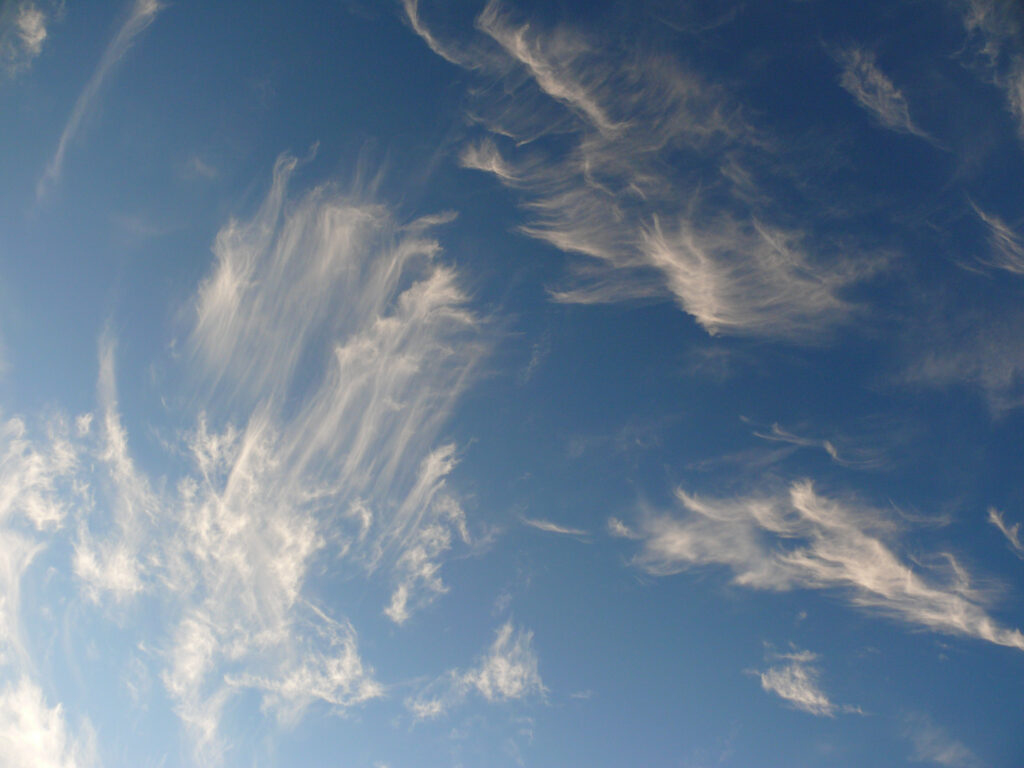
“I donʻt speak Hawaiian, but talk it. Walk it. Feel it. Hear and see it, through Hawaiian time and place. Mom and Pops were born with olelo Hawai‘i & spoke their Hawaiian language with plenty love. But they decided our survival meant listening to the teachers back then. Oki. But they never let us forget ‘āina and people that gave us life. They filled our spirits and souls with kanaka maoli. Cannot help but breathe Hawaiian.” Itʻs good, times changed, now some can do both—speak with heart and live it. Others still yet, gotta learn the heart. Only noise if no more heart. (Keoki Apokolani Carter)
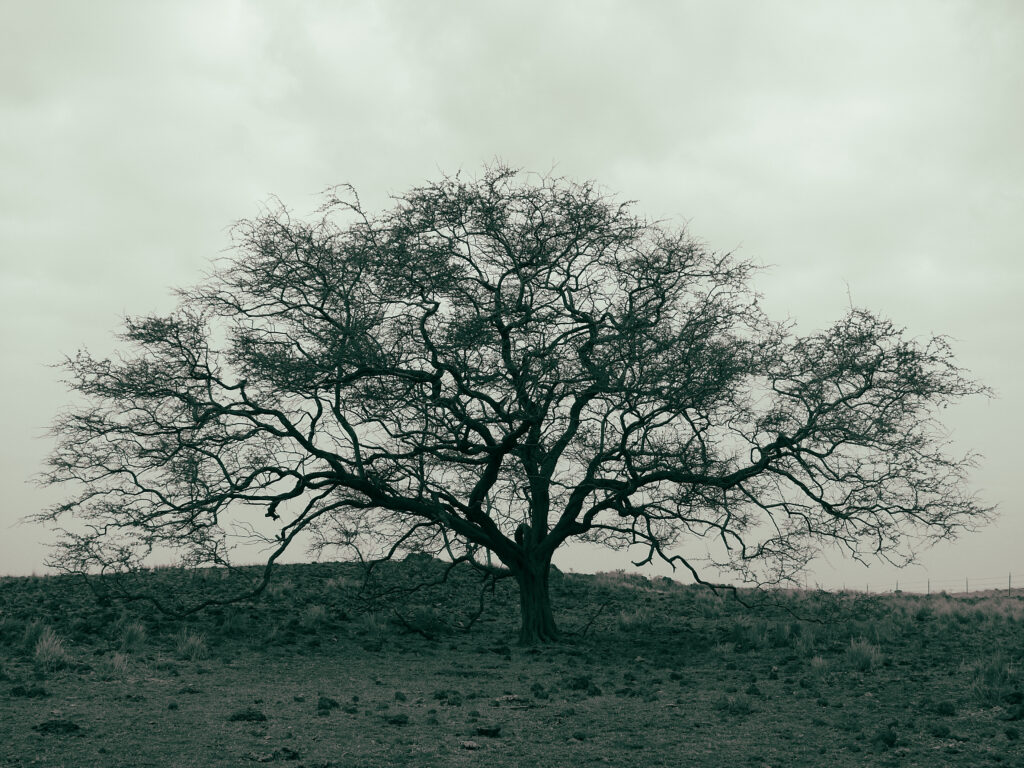
Tree Time. Trees donʻt forget. ‘Āina doesnʻt forget. People forget. Forest, not going forget. Thatʻs why I say, voice your name. Say it sweetly to the trees and pohaku.. Years later, you donʻt know why you feel a place so strong. Must be you gave good energy to place, or your ancestors before you. So no make anykind when youʻre at a forestsʻ home. Trees, kumu lā‘au, their roots are deep and connected. Kumu. Teacher. Trees need ‘ohana, they help ‘ohana. People forget. The mana from a rare living native tree is not from chopping it down, taking itʻs life to hang on a wall. Our po‘okela taught us the mana is in sitting in the shade of itʻs wisdom—like an ancient lama—tree of light.
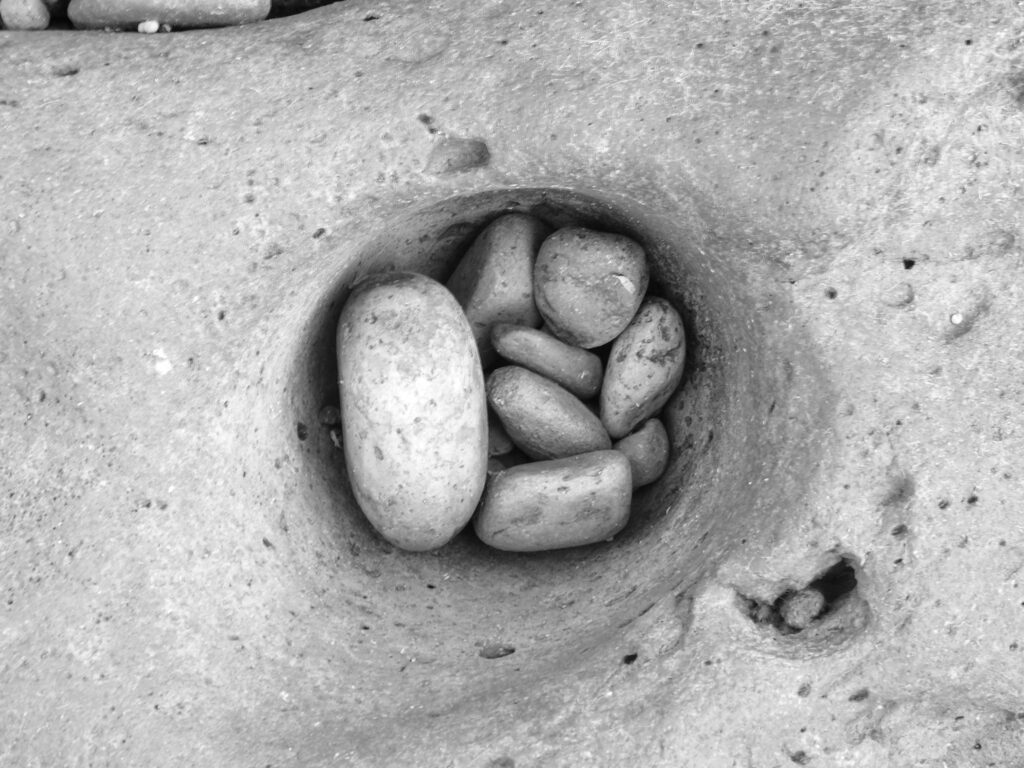
No, act. Humbleness, Respect and Aloha. We were taught that. Now I teach that in the forest and when I was in the classroom. But it doesnʻt mean let people step all over and slap the other cheek. No act. Humbleness, Respect and Aloha arenʻt just words. Got to come from the na‘au, deep, honest kine. Yeah, no act. No sass. And, no lie. …maybe like a song in the making…
Link: Others on the music of Apokolani & About Us
Link To Vlog Backstory — A Beach song is borne
Link to Kumau Vlog Recording backstory